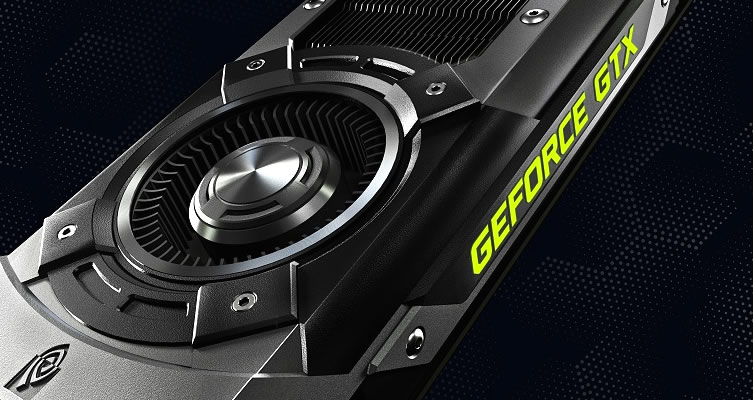Closing Thoughts: Performance vs. Price
Let us share a little something with you. It's been a busy couple of days for us as we had a full plate testing and covering the GeForce GTX 780 launch but also the OCZ Vertex 450 and AMD's A4-5000 Kabini platform (AMD review goes live Friday). Worse still, we got our GTX 780 review sample a mere 24 hours before T time.
As a result we were only able to test half as many games as we normally would. Nevertheless we picked six flagship games, testing frame rate performance along average fps, so overall we were able to get a pretty good picture of what the GeForce GTX 780 is all about.
On average we found the GeForce GTX 780 to be 24% faster than the GTX 680 and 16% faster than the Radeon HD 7970 GHz Edition when measuring frame rate performance. It was also just 14% slower than the GTX Titan and 29% slower than the GTX 690.

The frame time performance was a bit different as the GeForce GTX 780 was just 12% faster than the Radeon HD 7970 GHz Edition, but still 24% faster than the GTX 680 and 10% slower than the GTX Titan. Those figures certainly make the GeForce GTX 780 look pretty powerful and these are the kind of gains we would normally expect from a next-generation product that is showcasing a brand new architecture.
The big question is how much will the GTX 780 sell for?
The answer will probably disappoint many of you because at $650, it's not exactly affordable even for a high-end graphics card. Not wanting to start a new pricing war with AMD or forcing themselves to drop pricing of the GTX 600 series, Nvidia has set the GTX 700 series to fit in with what is currently available.
The driving force behind this decision has likely been the success of the GTX Titan which in three months has already outsold the year old GTX 690.
At $650 the GTX 780 is 35% cheaper than the GTX Titan but 38% more than the GTX 680, which can be easily found selling for $470. Since the GTX 780 was only 20 - 24% faster than the GTX 680 based on our frame rate and frame time results, that doesn't make it a candidate for any value awards. Forgoing percentage comparisons, the GTX 780 could be seen as a Titan-esque GPU that happens to be several hundreds cheaper.
On the other hand, looking back into history those $500 GPUs were already considered expensive and usually reserved for a select group of hardcore gamers. Under those terms, the GTX 780 is hardly exciting news for the vast majority of gamers as the $650 price tag makes this new GPU unobtainable and it'll do nothing to drive prices of previous generation cards down. Perhaps next week's launch of the GTX 770 will be a little more meaningful for the gaming community.
score
Pros: Titan-esque GPU with a nearly as imposing feature set and performance. Future-proof gaming graphics card, 384-bit wide memory bus, 2304 CUDA cores and 3GB memory buffer.
Cons: Next-gen GPU doesn't replace its predecessor, makes you pay for the performance boost.
